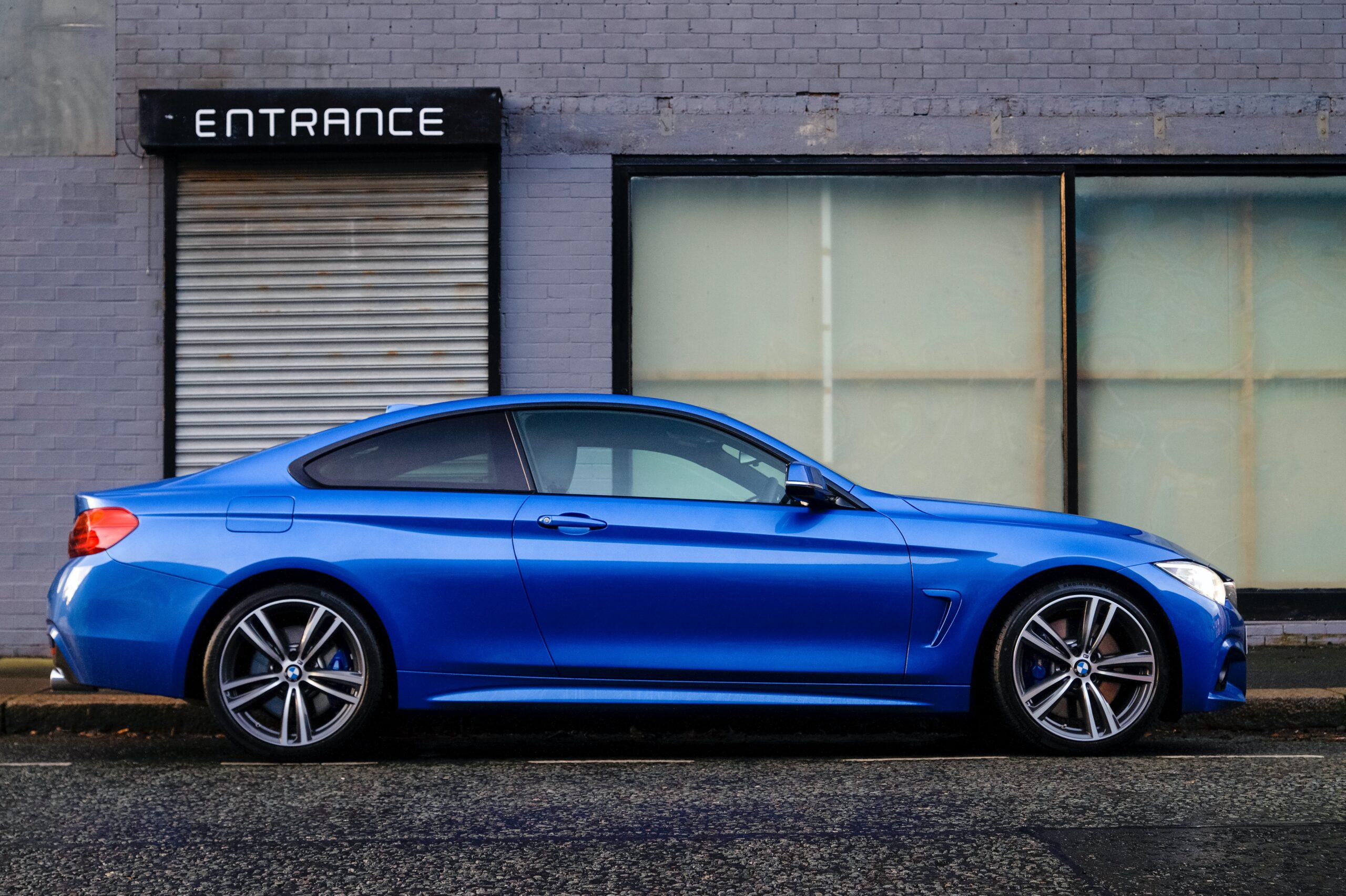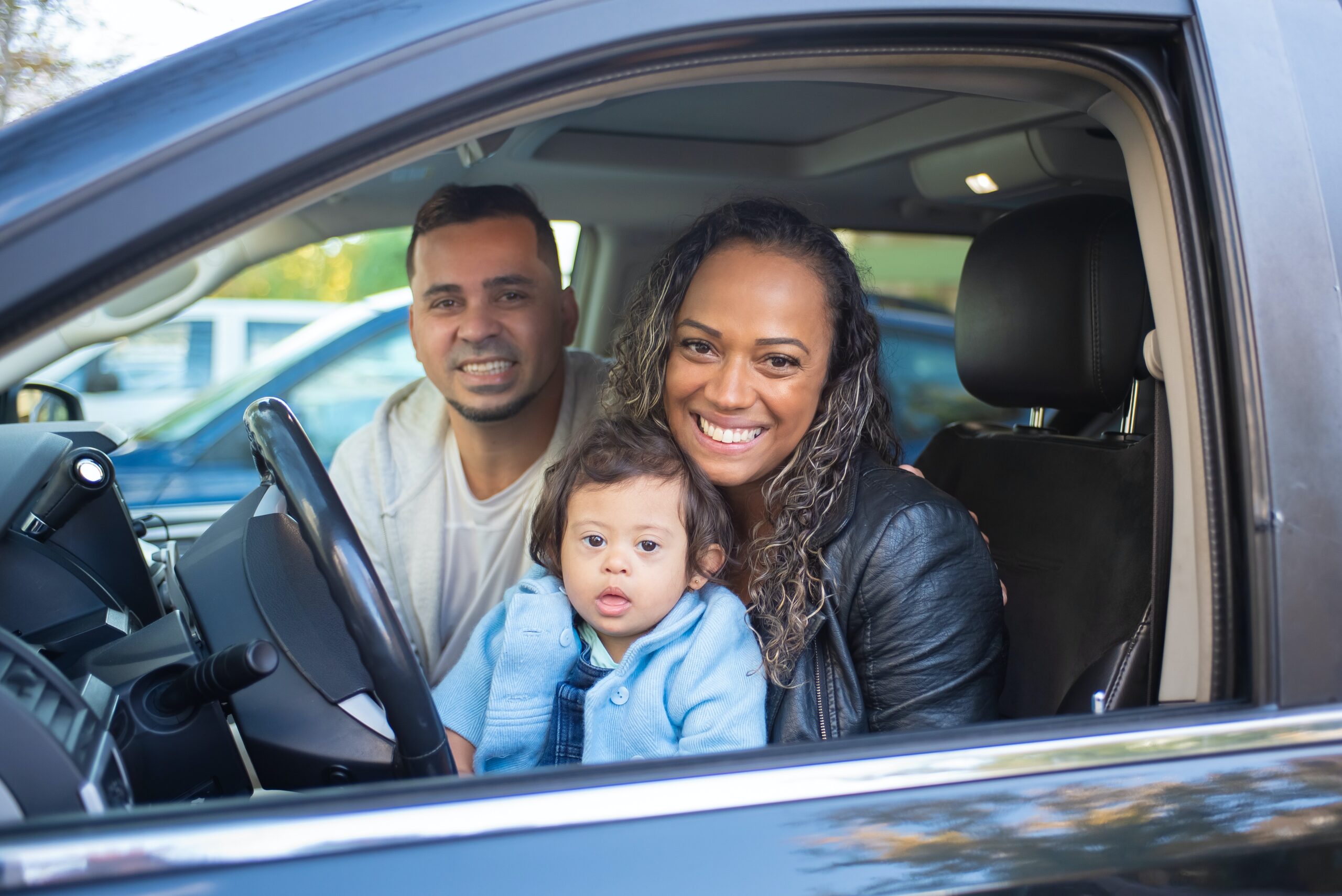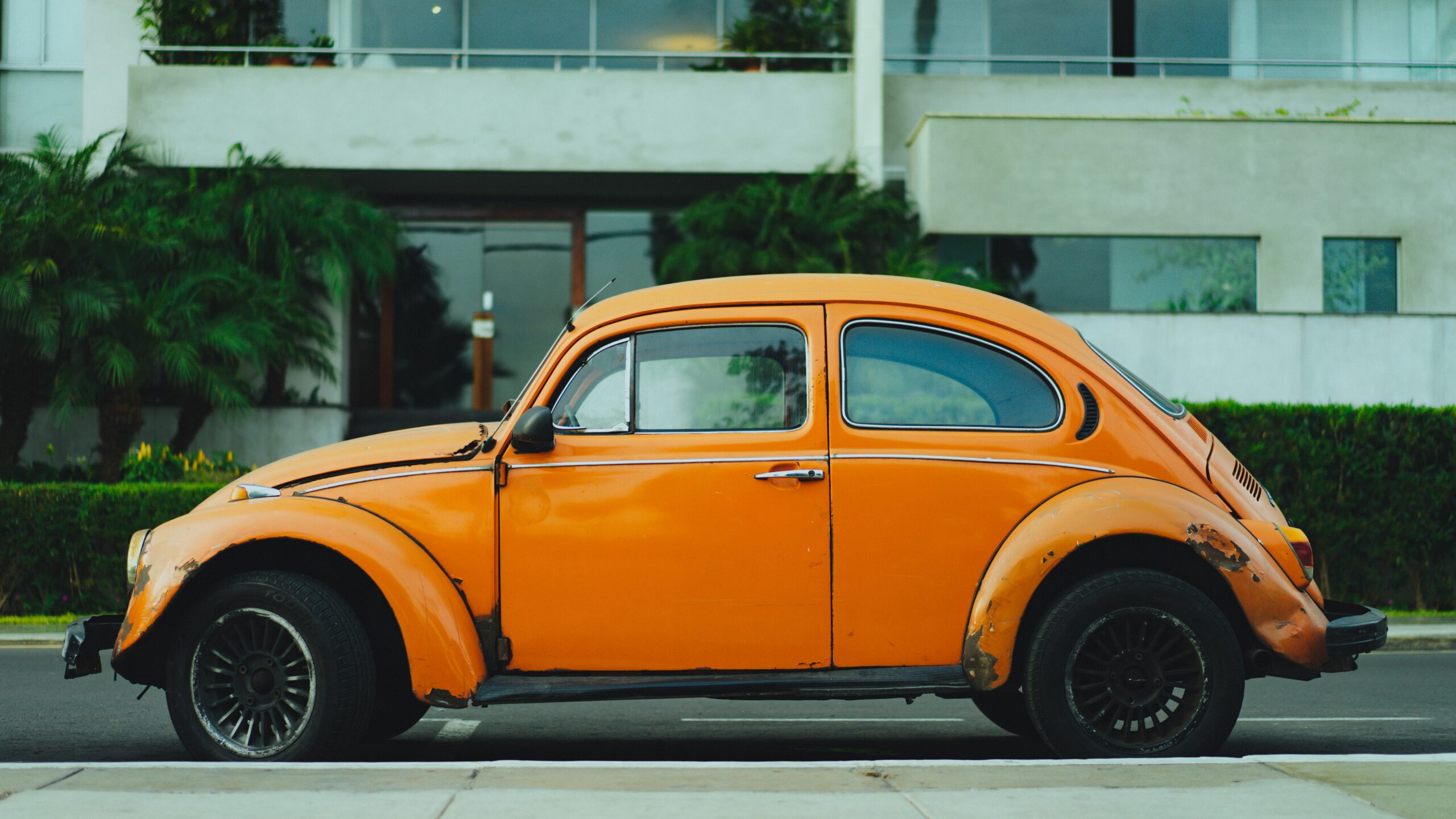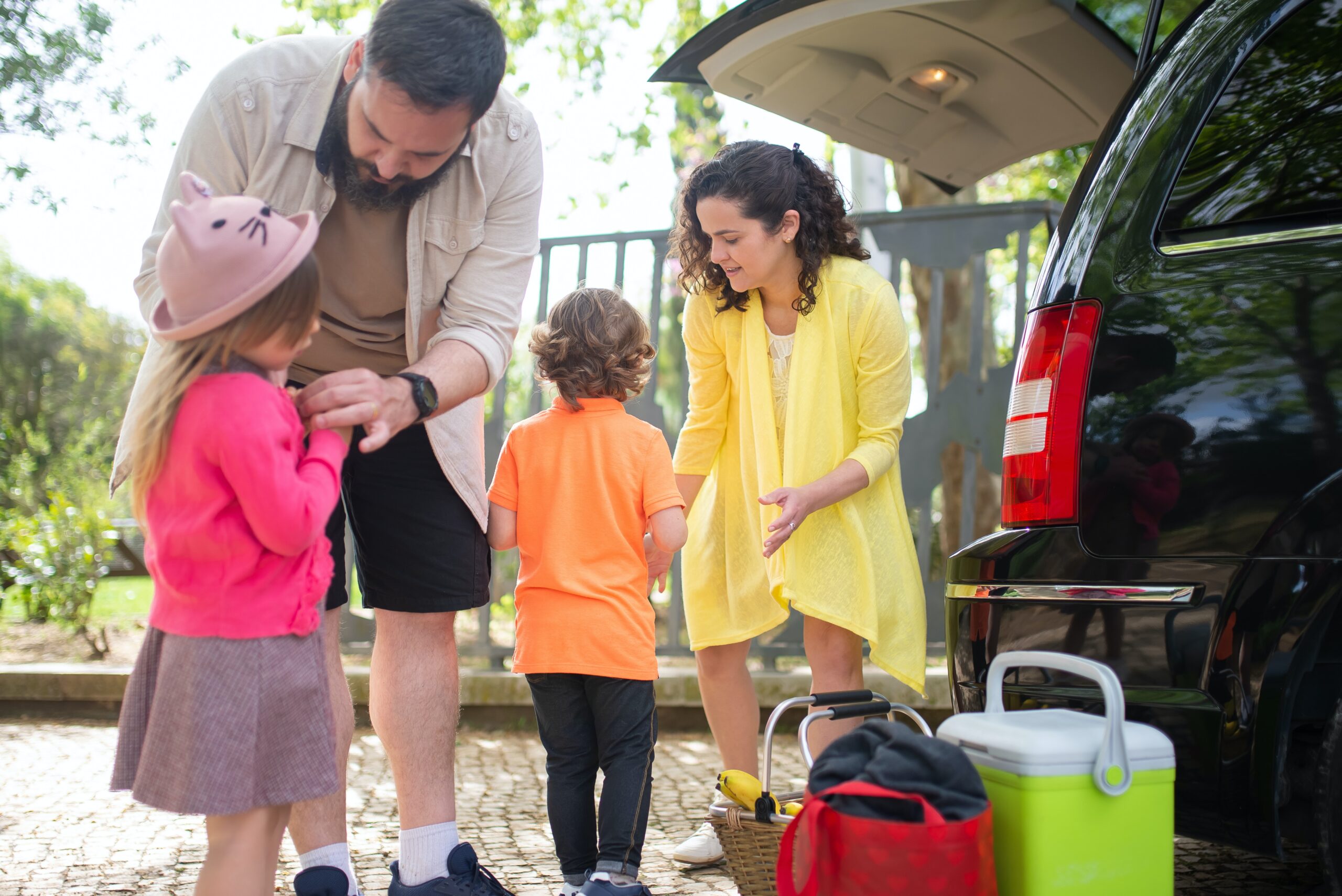
6 Tips To Help You Decide On Whether To Buy A Used Car Or A New One
You’ve narrowed down your list of cars, and you’re totally psyched about a used car.
But there are so many different things to consider when buying a used car, like whether the car has been in an accident, how much money you can save by purchasing a used as opposed to new vehicle and more. The article lists six things you should think about before deciding on whether you want a used or new car.
1. Research
There are a few things you should take into account when trying to decide whether to buy a used car or a new one. The first thing is your budget. If you have a limited budget, then searching for a used car is recommended. Keep in mind, however, that a used car might not be as reliable as a new one and it could end up costing you more in repairs down the road.
Another thing to consider is how long you plan on keeping the car. If you only need it for a short period of time, then buying used might make more sense since it will depreciate less over that time frame. On the other hand, if you plan on keeping the car for several years, then buying new might be the better option since it will likely hold its value better over time.
Finally, think about what kind of features and options you want in your car. A new car is likely to come with all of the latest bells and whistles, while a used car might be missing some of those features. So, if you’re looking for something specific like heated seats or navigation, then buying new might be your best bet.
Weighing all of these factors will help you make the best decision for your needs and budget when it comes to buying a car.

2. Car Safety Ratings
When it comes to car safety ratings, the Insurance Institute for Highway Safety (IIHS) and the National Highway Traffic Safety Administration (NHTSA) are the two main organizations that provide comprehensive ratings. It’s important to consider these ratings when deciding whether to buy a used car or a new one.
The IIHS rates vehicles on a scale of Good, Acceptable, Marginal, or Poor in several different categories, including crashworthiness (how well the vehicle protects occupants in a crash), crash avoidance and mitigation (features that help avoid or lessen the severity of a crash), and child seat anchors (ease of use and effectiveness). The NHTSA rates vehicles on a scale of 1-5 stars in overall crashworthiness, frontal crash protection, side crash protection, and rollover resistance.
Generally speaking, newer vehicles will have better ratings than older ones. However, that doesn’t mean you should automatically rule out Used Vehicles Used cars can still offer good safety ratings if they’ve been well-maintained and haven’t been in any serious accidents. It’s always best to do your research and compare safety ratings before making a decision.

3. Gas Mileage Prices
There are two main factors to consider when decide whether to buy a used car or a new one: price and gas mileage.
Used cars are typically cheaper than new cars, but they also have lower gas mileage. The average used car gets about 25 miles per gallon, while the average new car gets about 28 miles per gallon.
If you’re looking for the best value, then a used car is probably the way to go. But if you’re more concerned with gas mileage, then a new car is probably the better choice.
4. Depreciation Rates
There are many factors to consider when making the decision to buy a used car or a new one. One important factor is the rate of depreciation. Depreciation is the loss in value of an asset over time. Cars are no different, and they depreciate at different rates depending on make, model, and other factors.
Generally speaking, luxury cars depreciate the fastest while more affordable models tend to hold their value better. However, there are a number of other factors that can impact a car’s depreciation rate including fuel efficiency, demand, and repair costs.
Do your research before making a decision to ensure you are getting the best value for your money.

5. Insurance Costs
One of the key factors to consider when deciding whether to buy a used car or new car is insurance costs. On average, insurance for a used car costs less than insurance for a new car. This is because used cars are usually worth less than new cars, so they cost less to replace if they’re totaled in an accident.
However, there are a few things to keep in mind when considering insurance costs. The make and model of the car will affect the cost of insurance. Your driving record will also affect the cost of insurance. If you have a clean driving record, you’ll likely pay less for insurance than someone with multiple accidents or traffic violations on their record.
6. Major/Minor Repairs Cost
One of the most important factors to consider when deciding whether to buy a used car or a new one is the cost of repairs. Major repairs on a used car can be very expensive, and minor repairs can add up over time. If you’re not mechanically inclined, it’s important to factor in the cost of taking your car to a mechanic. Even if you are able to do some of the work yourself, parts and labor can still be costly.

Used cars are a great way to get a lot of car for your money, but they’re not for everyone. It’s important to do your research and figure out what is best for you and your budget before making a decision. We hope our tips have helped you make a decision on whether to buy a used car or a new one








